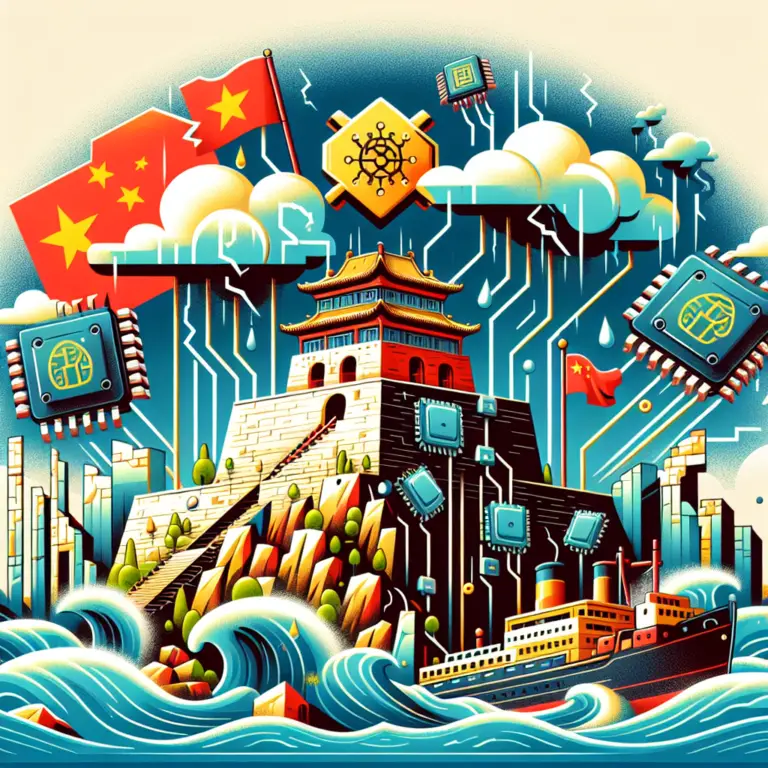The Chinese AI chip industry is facing significant challenges due to ongoing US export sanctions. Two prominent players in the sector, Biren Technology and Cambricon, are experiencing considerable difficulties. Biren’s CEO has stepped down, and Cambricon has been forced to lay off staff and has seen its market value plummet since its public debut. These developments are indicative of the broader strain on China’s ability to compete in the global AI hardware market, exacerbated by stringent US policies.<\/p>
Challenges in the Chinese AI Chip Industry<\/h2>
The Chinese AI chip industry is grappling with internal and external pressures. Biren Technology, known for its AI GPUs, has been hit by the resignation of its CEO, Xu Lingjie. Concurrently, Cambricon, a leading AI chip developer, has been dealing with a series of layoffs and a significant reduction in market value. The following table summarizes the key issues faced by each company:<\/p>
| Biren Technology<\/th> | Cambricon<\/th> <\/tr> |
|---|---|
| Resignation of CEO Xu Lingjie<\/td> | Layoffs since last summer<\/td> <\/tr> |
| Added to US Commerce Department’s entity list in October<\/td> | Market value nearly halved since going public in 2020<\/td> <\/tr> <\/table> Impact of US Sanctions on China’s Chip Industry<\/h2>The inclusion of Chinese chip manufacturers like Biren Technology and Cambricon on the US Commerce Department’s entity list has had severe repercussions. These companies now face restricted access to US chip technology and manufacturing equipment, which has hampered their ability to remain competitive on a global scale. The list of consequences includes:<\/p>
|













